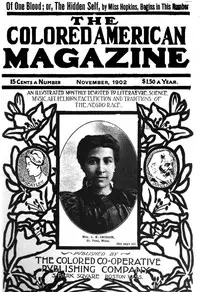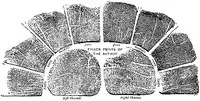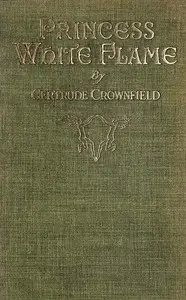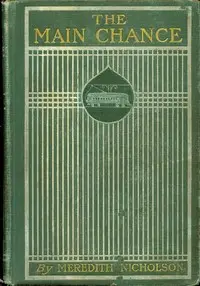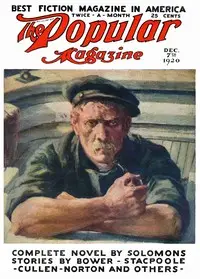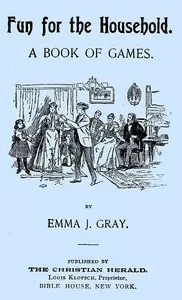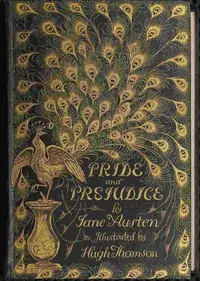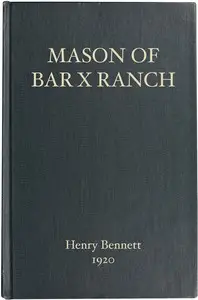"Winona: A Tale of Negro Life in the South and Southwest" by Pauline E. Hopkins is a novel written in the early 20th century. The book explores complex themes of race, identity, and social justice through the lives of its characters, primarily focusing on Winona, the daughter of White Eagle, and Judah, the adopted son. The narrative is set against a backdrop of historical events and cultural tensions in America, particularly relating to the experiences of freed Black individuals and Native Americans. The opening of the novel introduces readers to the setting of the mid-19th century, where Winona and Judah, both children of different heritages, navigate a world that is rich in ecological beauty yet fraught with social challenges. The enchanting environment of the lake where they live hints at their innocent childhood, juxtaposed with looming threats stemming from the presence of slave traders and racial prejudices. As they interact with their father, White Eagle, an adopted white man living among Native Americans, we get a glimpse of the stable yet precarious existence they lead. The arrival of strangers signals a turning point, binding themes of innocence, danger, and the quest for identity that will unfold as the story progresses. (This is an automatically generated summary.)
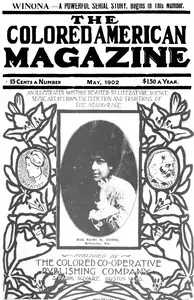
Winona : $b A tale of Negro life in the South and Southwest
By Pauline E. (Pauline Elizabeth) Hopkins
"Winona: A Tale of Negro Life in the South and Southwest" by Pauline E. Hopkins is a novel written in the early 20th century. The book explores comple...
Pauline Elizabeth Hopkins was an American novelist, journalist, playwright, historian, and editor. She is considered a pioneer in her use of the romantic novel to explore social and racial themes, as demonstrated in her first major novel Contending Forces: A Romance Illustrative of Negro Life North and South. In addition, Hopkins is known for her significant contributions as editor for the Colored American Magazine, which was recognized as being among the first periodicals specifically celebrating African-American culture through short stories, essays and serial novels. She is also known to have had connections to other influential African Americans of the time, such as Booker T. Washington and William Wells Brown.


